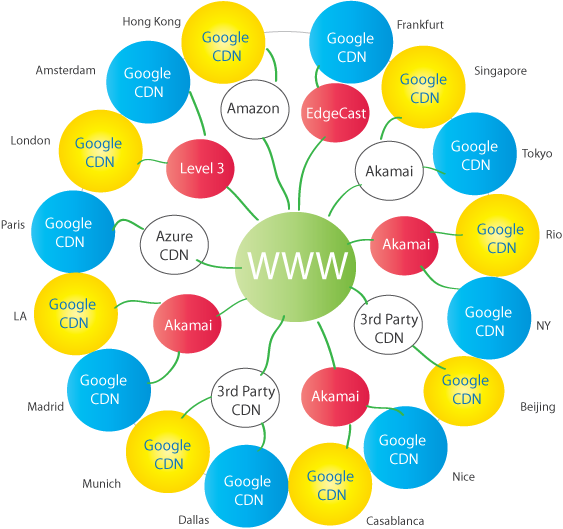In the cyber world, privacy and online security seem like an illusion. If Chase, Home Depot and Sony can be hacked, what about the others that have far less money to invest in security defense. Even the FBI and Madiant are finding it difficult in protecting Sony from the on-going leaks of confidential documents. Joseph Demarest, Assistant Director of the FBI’s Cyber Division stated that the “Sony malware” was so sophisticated that it could have breached the defenses of 9 out of 10 companies. That’s a nice little confidence booster.
There is one company in the world that can take the lead and help Sony, Chase, and the Home Depots of the world, and its not FireEye, Palo Alto Networks, IBM, Cisco, or Symantec, it’s Google. Google is the Internet, and they have the most to lose if countries decide to insulate themselves from the larger Internet, because the cost of security breaches outweighs the benefits. This scenario is very realistic, especially in the day and age where national infrastructure such as airports, utilities and others are vulnerable to hackers. The solution might be in the network. The CEO from Rev Software once described content delivery latency as “its in the network stupid”. Perhaps security is best done in the network, where packets are broken down into its components and secured there.
Google Akamai Global Federated Firewall
- Create an Private Internet inside the Public Internet
- Completely replace TCP/IP with a more secure protocol
- Deep packet inspection of every packet
- Once the packet from end user is intercepted by the inner Internet, header is replaced with Google IP (GIP)
- Packet source and destination are tracked globally
- All packets are sanitized from malware, and encapsulated in the new protocol
- Google and Akamai can take the lead in this initiative, and all others will follow
- Google will have to re-invent the Internet


